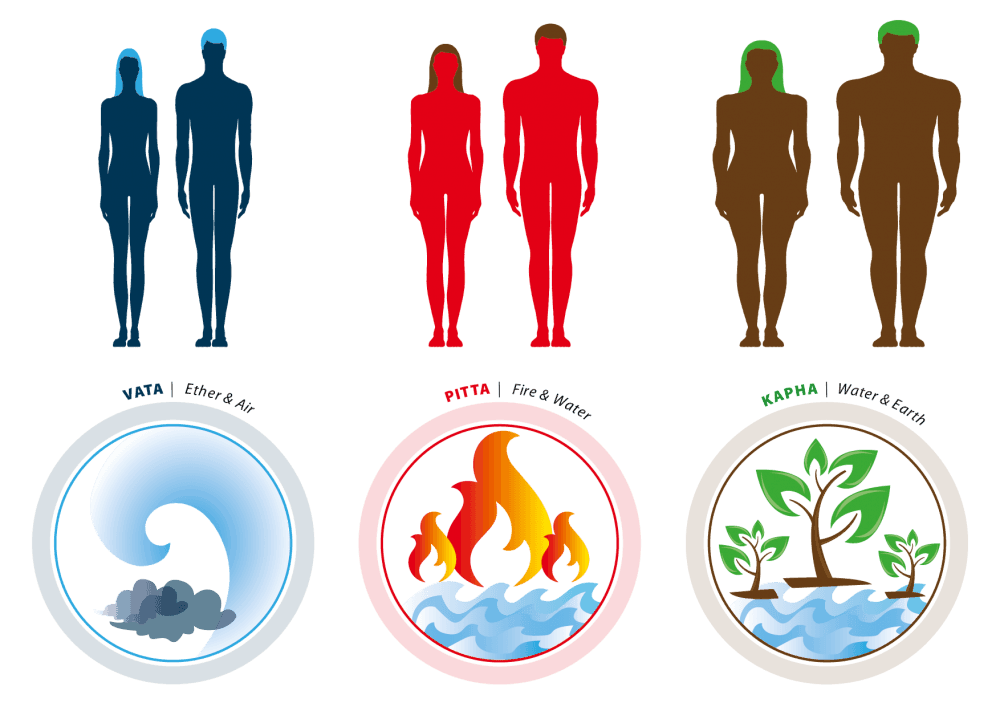Cannabis and meditation are two separate practices that can be combined by some individuals, but it’s important to understand the potential effects and considerations involved.
Cannabis and Meditation Benefits:
Relaxation and stress reduction: Cannabis can help some people relax and unwind, which may facilitate a meditative state.
Enhanced focus: Some individuals report that cannabis can improve their concentration and help them delve deeper into meditation.
Heightened sensory perception: Cannabis may heighten sensory experiences during meditation, leading to a more immersive practice for some individuals.
Potential Challenges:
Variability in effects: The impact of cannabis can vary significantly depending on the strain, dosage, individual tolerance, and other factors. This variability can make it challenging to achieve consistent and desired meditation experiences.
Impaired focus and attention: While some people report enhanced focus with cannabis, others may experience difficulties concentrating or maintaining attention, which can hinder meditation practice.
Dependency and habituation: Regular cannabis use for meditation may lead to dependency or habituation, where you rely on cannabis to achieve a meditative state. This can potentially interfere with developing self-sufficiency in meditation.
Personal Considerations:
Legal and ethical aspects: Cannabis laws vary by jurisdiction, so it’s important to be aware of the legal implications in your area. Additionally, certain meditation practices may have ethical guidelines regarding substance use.
Individual tolerance and sensitivity: Each person’s response to cannabis is unique. Start with low doses and pay attention to how cannabis affects your meditation practice and overall well-being.
Intention and mindfulness: Be mindful of your intentions when combining cannabis and meditation. Consider why you’re using cannabis and how it aligns with your meditation goals.
If you choose to combine cannabis and meditation, it’s essential to approach it mindfully, be aware of the potential effects, and listen to your body and mind. It may be beneficial to seek guidance from experienced practitioners or teachers who can provide personalized advice based on your specific needs and goals.



